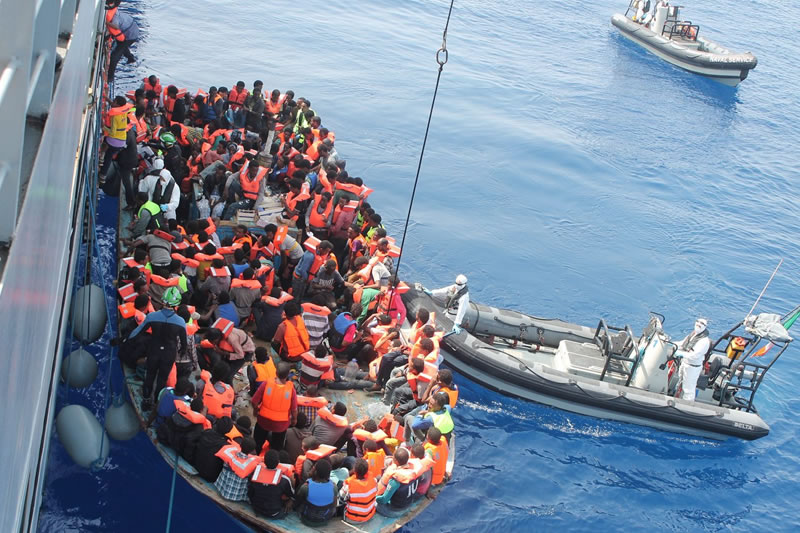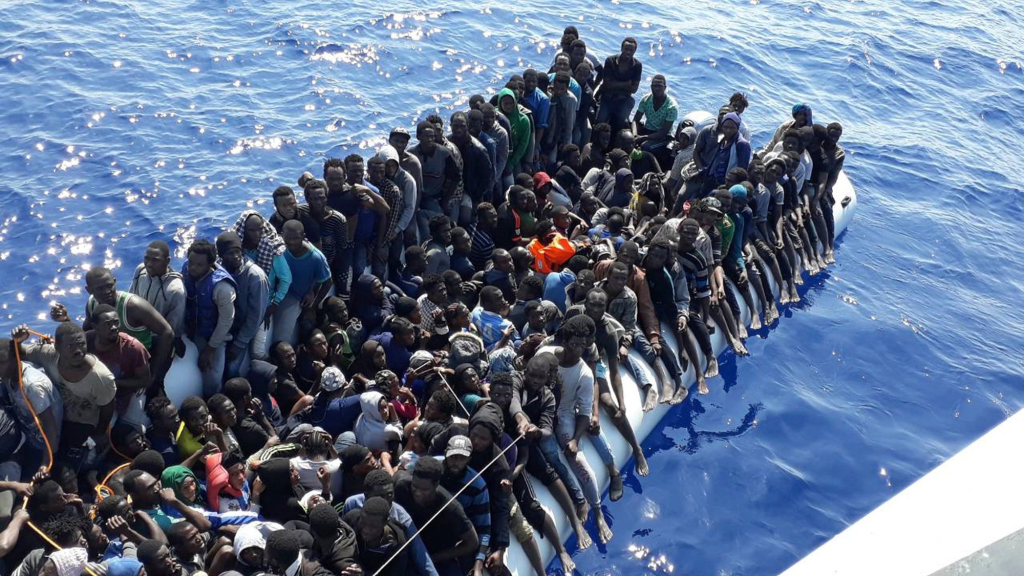
What are Italy’s Policies to Curb Irregular Immigration 2024?
Italy has implemented a range of policies that will deter irregular immigration by portraying it as a model for the European Union. The steps taken include offshore asylum processing, agreements with North African countries and strict humanitarian rescue operation laws.
Offshore Asylum Processing in Albania
One of the most important aspects of Italy’s migration policy is processing asylum seekers in Albania. Under a bilateral agreement signed with Albania in 2023, Italy was supposed to send non-vulnerable male asylum seekers rescued in international waters to Albania for processing under Italian law. This is meant to speed up the asylum procedure and facilitate deportation of applicants whose applications are rejected without having them step foot on Italian soil.
It faced legal issues however as Italian courts and eventually even the European Court of Justice have been skeptical of the legitimacy of branding such nations as Bangladesh and Egypt to be “safe” in carrying out deportations. The opening of some process centers has been delayed along with legal issues that the process has taken on as well. Still despite facing issues the Italian government defends by maintaining its stance that the policy stopped unregistered migration which contributes to a reported 60 percent decline in arrivals.
Agreements with North African Countries
Italy has established security cooperation with northern African nations through deals targeting the prevention of migration across the Mediterranean. The deals involved funding for the infrastructural projects and assistance in the formation of a coast guard in Libya and Tunisia. According to the Italian government, these partnerships with Mattei Plan for Africa are meant to address the root cause of the flow of migrants by encouraging the economical development and energy security of the region.Despite these efforts, human rights organizations have expressed concern. Allegations of abuse, violence and exploitation by authorities in Tunisia and Libya have been linked to EU funded programs. Critics argue that such partnerships make human rights violations inevitable.

Stricter Laws on Rescue Operations
Italy has introduced emergency decrees to regulate migrant rescue operations by humanitarian organizations. The Piantedosi decree, implemented in January 2023 limits rescue ships to one operation before returning to port. It also requires ships to dock at distant ports, delaying their return to rescue zones.
A subsequent “flows decree” passed in May 2024 imposed heavier sanctions including fines of up to 10,000 euros and the confiscation of rescue ships. Organizations like SOS Mediterranée have accused the government of criminalizing humanitarian efforts and hindering rescue missions in the central Mediterranean.
Italy as a Role Model
Italy’s migration policies have attracted attention from other European countries and leaders. British Prime Minister Keir Starmer and officials from Germany, Austria and Denmark have expressed interest in adopting similar measures. European Commission President Ursula von der Leyen has further lauded Italy’s approach, deeming it a model worth following for the EU at large.
Policies on curbing irregular immigration by Italy are characterized by deterrence, international cooperation and law reforms. While the policies have significantly reduced migrant inflows, they have at the same time received widespread criticism about the implications on human rights and humanitarian efforts. Security versus compassion is therefore the central challenge to both Italy and the entire European Union in tackling irregular migration.
Also Read | English Channel Crossings: More than 15,000 illegal immigrants use small boat to reach UK since 2018







